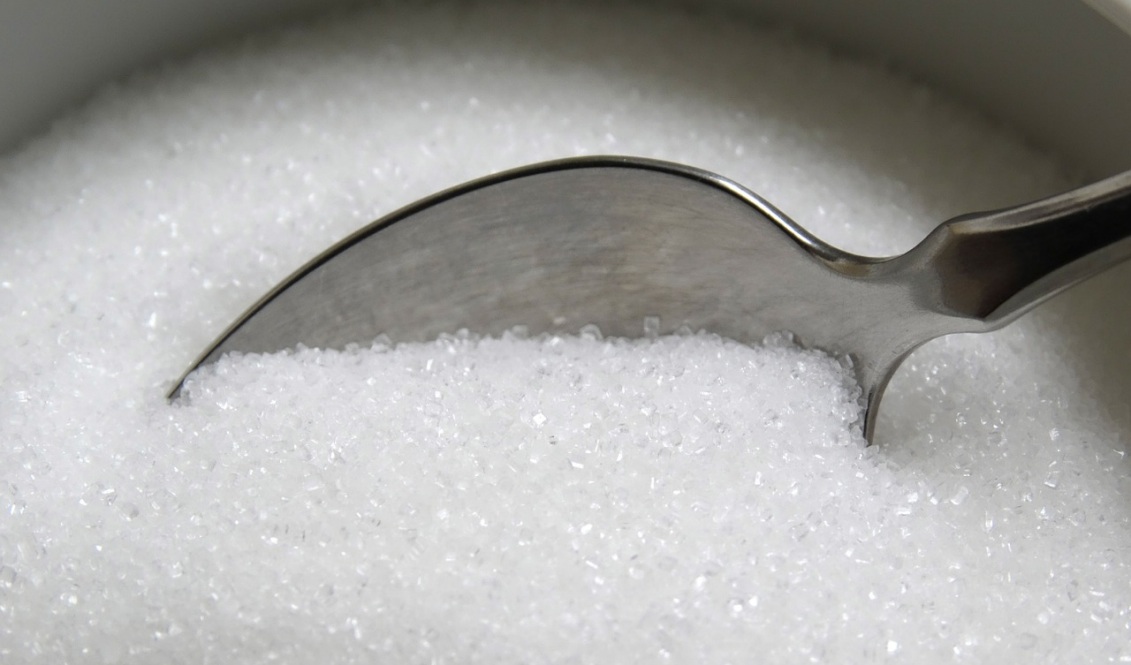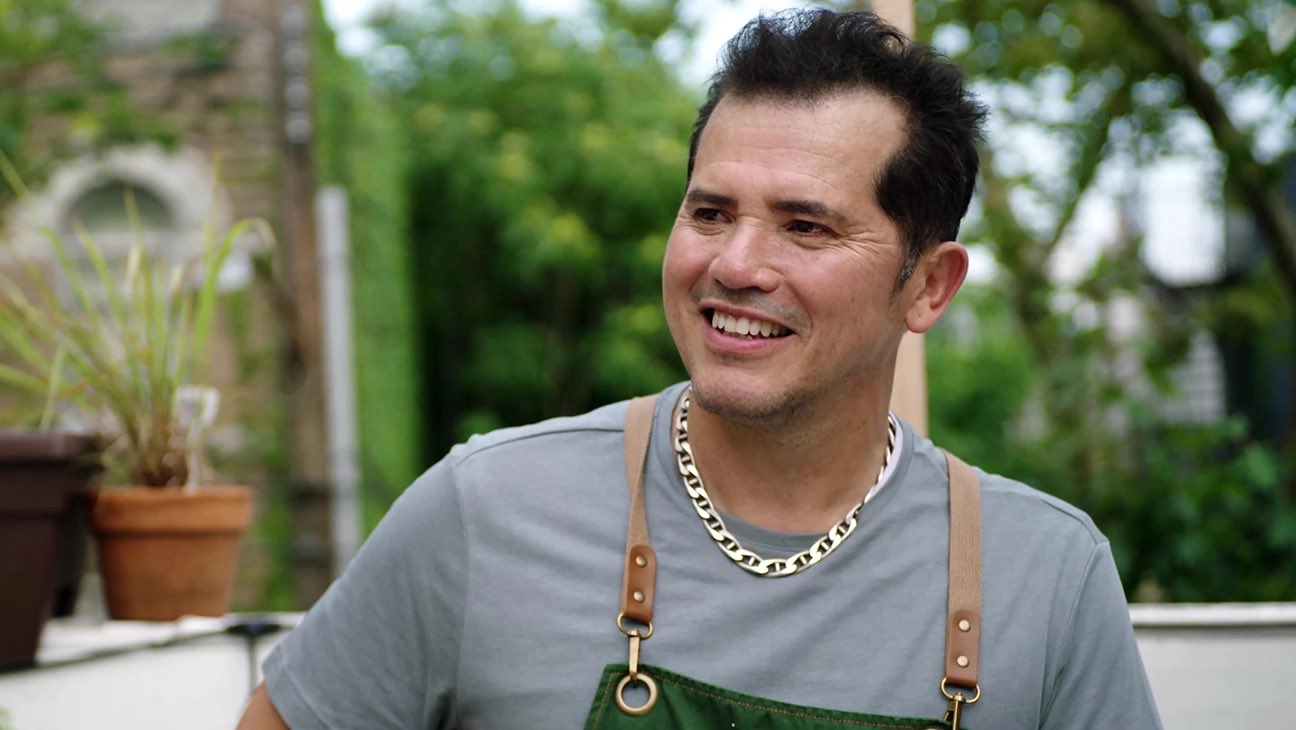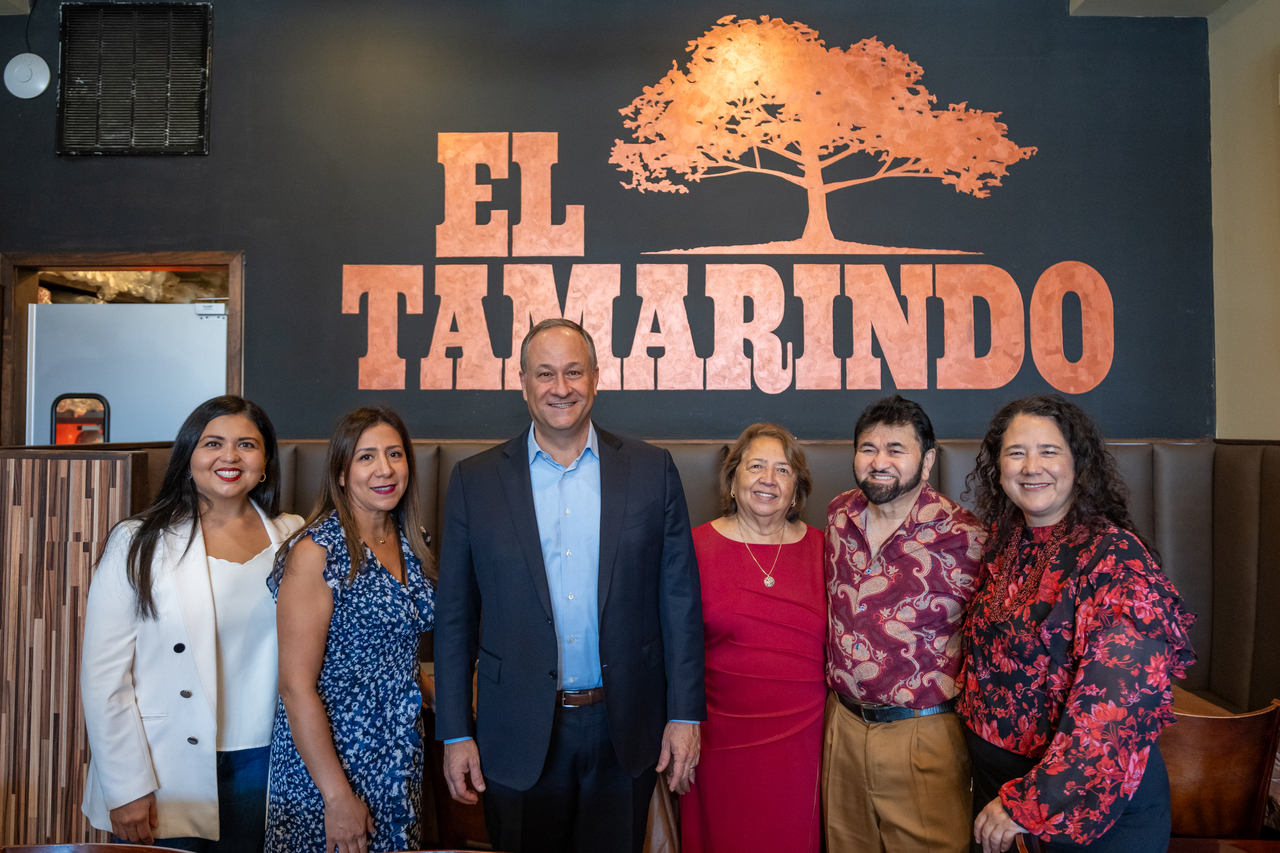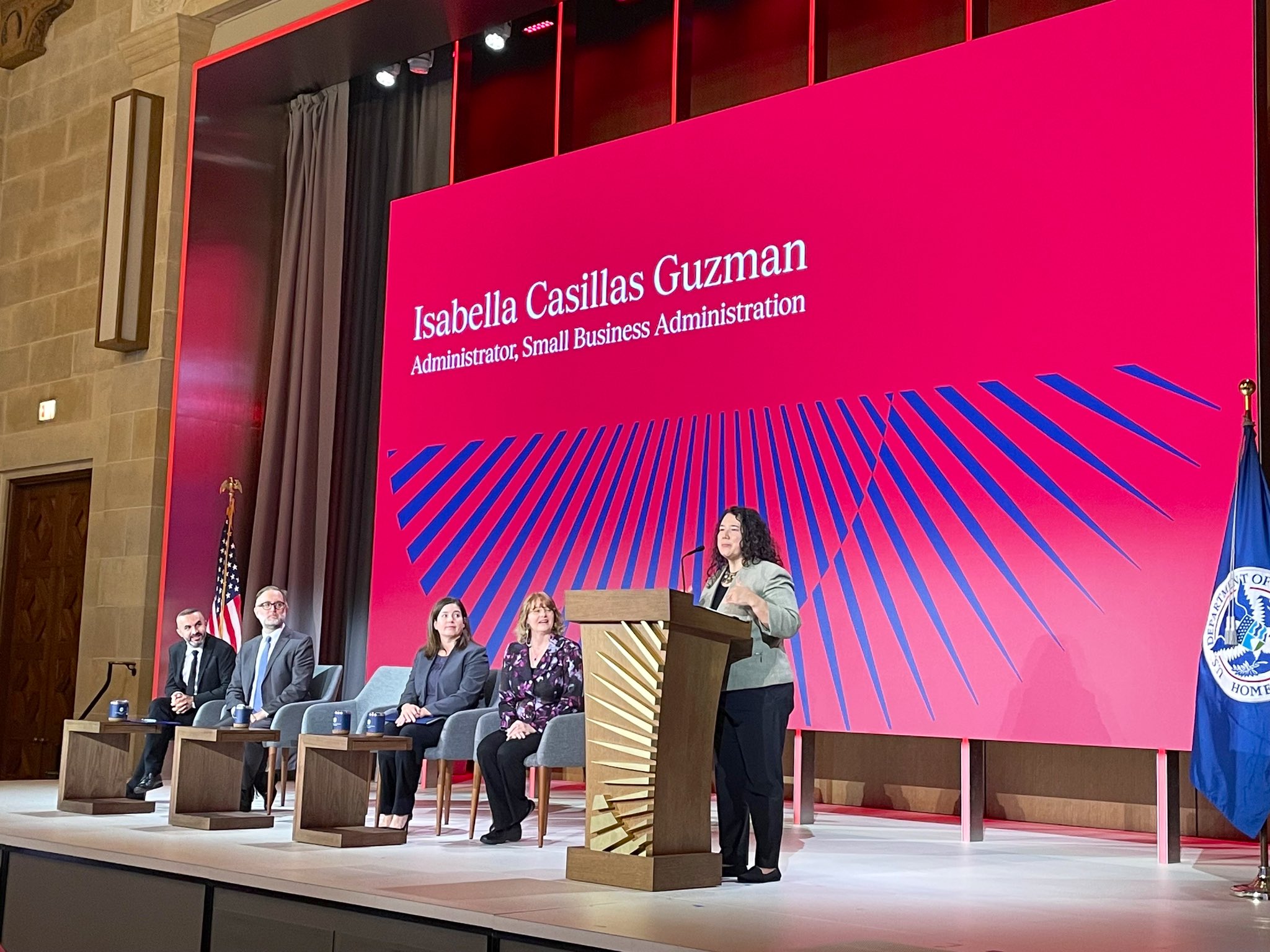
Are Latinos killing themselves with sugar? A new tool can help tell
When you read that diabetes is today what the AIDS epidemic was in 1990, you begin to have second thoughts about that extra sugar package you just dumped in…
When you read that diabetes is today what the AIDS epidemic was in 1990, you begin to have second thoughts about that extra sugar package you just dumped in your coffee.
It is no shocker that sugar contributes to major illnesses like liver disease and Type 2 diabetes, but how can we control the amount we consume when it is virtually everywhere in the American diet?
According to NPR, a new initiative from the University of California, in San Francisco, created a user-friendly website that aims to inform and educate about the dangers and consequences of consuming too much sugar.
The story points out that “the average American consumes the equivalent of 19.5 teaspoons a day in added sugars, and there are no federal guidelines recommending a limit.”
Important facts to note are that “added sugar” is a hidden ingredient in 74 percent of packaged foods, and that a one 12-ounce can of soda a day can increase your risk of dying of heart disease by one-third.
The website can be an important tool for the Latino community, one of the most affected by Type 2 diabetes. Experts are also sounding the alarm on liver cancer, which according to Express News, has reached epidemic levels in South Texas.
“According to state and federal data, rates of the disease among Texas Latino males and females were 3.1 and 4 times higher, respectively, than non-Latino white males and females. The rates among Latinos in South Texas were even higher,” reported the site.
Not to mention that Latino kids consume more soft drinks, fruit-flavored drinks, and other sugary drinks on average than do their White or African-American peers, according to NBC Latino.
For more information on the project visit SugarScience. And for information in Spanish you can also visit the National Diabetes Education Program website.










LEAVE A COMMENT:
Join the discussion! Leave a comment.